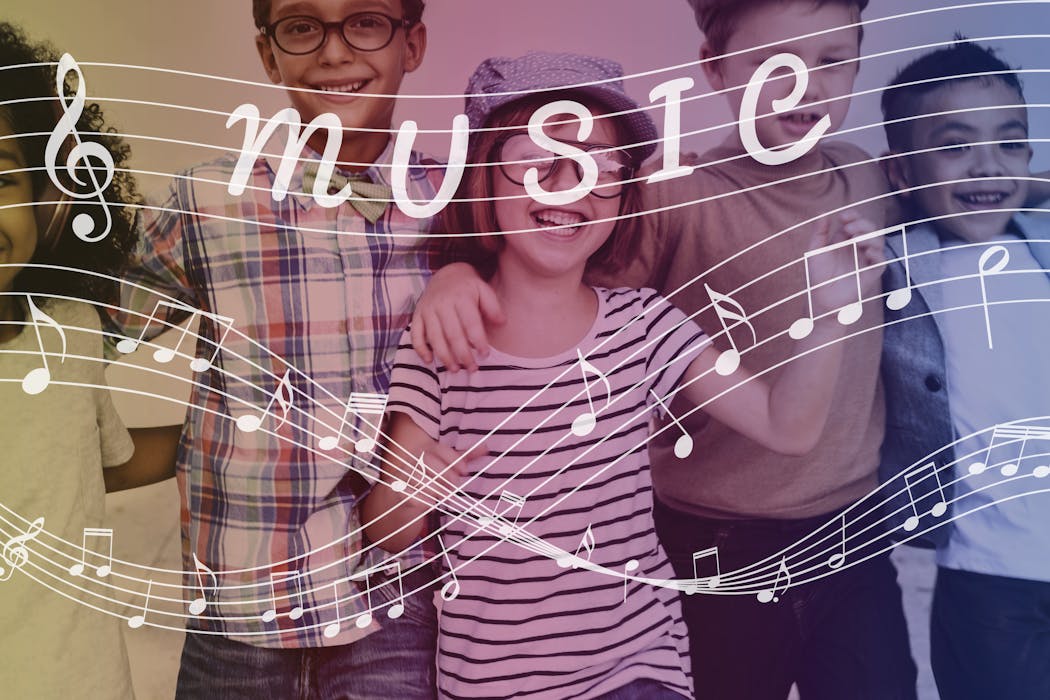Music therapy is a unique and effective approach to helping individuals cope with loss. It is a therapeutic intervention that uses music as a tool to address emotional, physical, cognitive, and social needs. The role of music therapy in coping with loss is to provide a safe and supportive environment for individuals to express their emotions, process their grief, and find comfort and healing through music. Music has the power to evoke emotions, memories, and feelings, making it a powerful tool for individuals who are dealing with loss. Music therapy can help individuals explore and express their emotions in a non-verbal way, which can be particularly beneficial for those who may struggle to articulate their feelings. It can also provide a sense of connection and support, as individuals can find solace in the shared experience of music.
Music therapy can also help individuals find meaning and purpose in their grief, as they can use music to reflect on their memories and experiences with their loved ones. Additionally, music therapy can help individuals manage the physical and emotional symptoms of grief, such as anxiety, depression, and stress. By engaging in music-making activities, individuals can experience a sense of relaxation and release, which can help alleviate some of the physical and emotional pain associated with loss. Overall, music therapy plays a crucial role in helping individuals cope with loss by providing a safe and supportive space for them to explore and express their emotions, find comfort and healing through music, and manage the physical and emotional symptoms of grief.
The Psychological and Emotional Benefits of Music Therapy
Music therapy offers a wide range of psychological and emotional benefits for individuals coping with loss. One of the key benefits of music therapy is its ability to help individuals process their emotions and find comfort and healing through music. Music has the power to evoke emotions, memories, and feelings, which can help individuals explore and express their grief in a non-verbal way. This can be particularly beneficial for those who may struggle to articulate their feelings or find it difficult to talk about their loss. Music therapy can also provide a sense of connection and support, as individuals can find solace in the shared experience of music.
In addition to helping individuals process their emotions, music therapy can also help individuals manage the physical and emotional symptoms of grief. Engaging in music-making activities can provide a sense of relaxation and release, which can help alleviate some of the physical and emotional pain associated with loss. Music therapy can also help individuals find meaning and purpose in their grief, as they can use music to reflect on their memories and experiences with their loved ones. Overall, the psychological and emotional benefits of music therapy make it an effective and valuable tool for individuals coping with loss.
How Music Therapy Can Help in the Grieving Process
Music therapy can play a crucial role in helping individuals navigate the grieving process. Grief is a complex and individual experience, and music therapy can provide a safe and supportive space for individuals to explore and express their emotions. By engaging in music-making activities, individuals can find comfort and healing through music, as well as connect with others who are also coping with loss. Music therapy can also help individuals find meaning and purpose in their grief by using music to reflect on their memories and experiences with their loved ones.
Additionally, music therapy can help individuals manage the physical and emotional symptoms of grief. Engaging in music-making activities can provide a sense of relaxation and release, which can help alleviate some of the physical and emotional pain associated with loss. Music therapy can also help individuals process their emotions in a non-verbal way, which can be particularly beneficial for those who may struggle to articulate their feelings or find it difficult to talk about their loss. Overall, music therapy can help individuals navigate the grieving process by providing a safe and supportive space for them to explore and express their emotions, find comfort and healing through music, and manage the physical and emotional symptoms of grief.
The Different Approaches and Techniques Used in Music Therapy for Loss
There are various approaches and techniques used in music therapy for loss, each tailored to meet the unique needs of individuals coping with grief. One common approach is receptive music therapy, where individuals listen to or engage with pre-recorded or live music to evoke emotions, memories, and feelings. This approach can help individuals process their emotions in a non-verbal way, as well as find comfort and healing through music. Another approach is active music therapy, where individuals engage in music-making activities such as singing, playing instruments, or songwriting. This approach can provide a sense of relaxation and release, as well as help individuals manage the physical and emotional symptoms of grief.
In addition to these approaches, there are various techniques used in music therapy for loss, such as lyric analysis, improvisation, guided imagery, and songwriting. These techniques can help individuals explore and express their emotions, find meaning and purpose in their grief, and connect with others who are also coping with loss. Overall, the different approaches and techniques used in music therapy for loss are tailored to meet the unique needs of individuals coping with grief, providing a range of options for them to explore and express their emotions, find comfort and healing through music, and manage the physical and emotional symptoms of grief.
Case Studies: Success Stories of Music Therapy in Coping with Loss
There are numerous success stories of music therapy in helping individuals cope with loss. One case study involved a woman who had lost her husband to cancer. Through music therapy, she was able to process her grief by engaging in songwriting activities that allowed her to express her emotions in a non-verbal way. She found comfort and healing through music as she reflected on her memories and experiences with her husband. Another case study involved a man who had lost his son in a tragic accident. Through music therapy, he was able to manage his physical and emotional symptoms of grief by engaging in drumming activities that provided him with a sense of relaxation and release.
These success stories highlight the powerful impact of music therapy in helping individuals cope with loss. By providing a safe and supportive space for individuals to explore and express their emotions, find comfort and healing through music, and manage the physical and emotional symptoms of grief, music therapy has proven to be an effective tool for supporting individuals dealing with loss.
Incorporating Music Therapy into Personal Coping Strategies
Incorporating music therapy into personal coping strategies can be a valuable tool for individuals dealing with loss. One way to do this is by creating a personalized playlist of songs that evoke positive emotions or memories associated with the loved one who has passed away. Listening to this playlist can provide comfort and healing through music, as well as help individuals process their emotions in a non-verbal way. Another way to incorporate music therapy into personal coping strategies is by engaging in music-making activities such as singing or playing an instrument. This can provide a sense of relaxation and release, as well as help individuals manage the physical and emotional symptoms of grief.
In addition to these strategies, individuals can also seek out professional music therapists who specialize in working with those coping with loss. These therapists can provide personalized support and guidance tailored to meet the unique needs of each individual. Overall, incorporating music therapy into personal coping strategies can be a valuable tool for individuals dealing with loss, providing them with a range of options to explore and express their emotions, find comfort and healing through music, and manage the physical and emotional symptoms of grief.
The Future of Music Therapy in Supporting Individuals Dealing with Loss
The future of music therapy in supporting individuals dealing with loss looks promising. As more research is conducted on the psychological and emotional benefits of music therapy for grief, there is growing recognition of its value as an effective intervention for supporting those coping with loss. Additionally, there is an increasing demand for trained music therapists who specialize in working with individuals dealing with loss, highlighting the growing recognition of the importance of this specialized form of therapy.
Furthermore, advancements in technology have made it easier for individuals to access music therapy resources from the comfort of their own homes. Online platforms offer virtual music therapy sessions, personalized playlists, and other resources that make it easier for individuals to incorporate music therapy into their personal coping strategies. Overall, the future of music therapy in supporting individuals dealing with loss looks promising as it continues to gain recognition for its value as an effective intervention for helping individuals cope with grief.
In conclusion, music therapy plays a crucial role in helping individuals cope with loss by providing a safe and supportive space for them to explore and express their emotions, find comfort and healing through music, manage the physical and emotional symptoms of grief, find meaning and purpose in their grief, connect with others who are also coping with loss, incorporate personalized coping strategies into their daily lives, seek professional support from trained music therapists who specialize in working with those coping with loss, access online resources that make it easier for them to incorporate music therapy into their personal coping strategies from the comfort of their own homes. As more research is conducted on the psychological and emotional benefits of music therapy for grief, there is growing recognition of its value as an effective intervention for supporting those coping with loss. The future looks promising as it continues to gain recognition for its value as an effective intervention for helping individuals cope with grief.
Find out how Torongo Therapyplus can help you with your needs. Get in touch with us at smile@torongo.life, or call us on 02 8809 9965.































